
James K. Utterback is serious about his musical craft. He’s so serious about it that he spent twelve years meticulously piecing together his debut album for his solo project, Fire Whale, called The Fiery Surf. Part of the reason it also took so long is that James is a physicist, and he was busy working on his Ph.D.
The wait was worth it. The Fiery Surf is a stunning debut from the Oakland-based multi-instrumentalist, a concept album about a personal journey inspired by his musical heroes like Built to Spill, Radiohead, and Pink Floyd. The album combines elements of progressive rock, post-rock like Explosions in the Sky, and of course, a heavy dose of California surf rock and psychedelia.
I got a chance to talk to James recently for an in-depth conversation about his musical influences, the process of making the new album, and how his scientific work and spiritual ideas inform his music. James also told me a new Fire Whale record is already in the works, another psychedelic concept album digging into the heavy psychological and philosophical topic of dreams.
Interview with James Utterback of Fire Whale

Third Eye: I love the album. “Breathe Smoke” is probably my favorite track. How did you get into music initially?
James: Originally, it came from my parents. My parents are both folk musicians. My dad is a folk music singer/songwriter. There were always guitars around the house as I was growing up, and the idea of writing music was with me early. I grew up in the ‘90s and early 2000s with harder rock that looked a little different than what my parents listened to. So, I took some of the influence of what I grew up with and turned it into psychedelic rock.
Third Eye: What did your parents like? What did they listen to?
James: They listened to folk music, stuff like Alison Kraus. My dad did grow up with The Beatles and other rock bands. So, I did learn about bands like Jefferson Airplane and The Beatles early on, and that was certainly a core influence. But my dad’s musical interest is more like Johnny Cash and acoustic folk music.
Third Eye: Nice. Maybe Robert Plant and Alison Kraus’ collaborations, too, right?
James: Yeah, that’s where my dad I meet.
Writing a concept album
Third Eye: I noticed in your artist bio that you’ve worked on this album for twelve years, which I thought was pretty amazing. You think about today, with so many people focused on instant gratification, to work on something for that long is pretty impressive. So, tell me about those twelve years of putting the album together. How did it start?
James: I’ve been writing music since middle school, writing songs that were just a collection of random songs. Then in college, I went through a big breakup and started writing a series of songs. Those songs are tracks two through four on the album now. I could see that the songs were all one theme, and I thought it would be cool to do something like Pink Floyd and have a concept album that expands on that theme. So, I kept thinking about this concept of Fire Whale as nice imagery and metaphor, and I put every song I wrote after that into the album in order, for the most part.
Initially, the idea and conception of the album happened in a short period, but it took me twelve years to finish it. I was also going to graduate school, and my science career is a lot of work, so that’s part of the reason it took a long time. Also, I was doing it alone and had to learn everything along the way. It wasn’t really possible to record in your bedroom back when I started this, but now it’s really accessible, right? Mics and recording equipment are cheaper and more accessible to everybody.
It’s like taking a painting, doing the first draft, and then painting over that a bunch of times until you have the final piece.
James Utterback
But back then, I was recording straight into my computer, and it sounded like crap. And so, all that time went by, and I was finally getting ready to package the album together, and even though it took longer than I wanted it to, it was cool in that it ended up being a coherent story from start to finish a personal journey.
It started with the breakup and then going through a few different stages of life, moving on from that and being inspired by several books I read during the process. So, it ended up being in kind of chronological order, which was an unintended part of the concept album aspect. But it worked out.
Third Eye: Tell me about the recording process. You recorded the whole thing at home, right?
James: Yeah, and just on my laptop. I started on the old black MacBooks on Garage Band and eventually got an audio interface that’s really important to making everything sound halfway decent. Some of the files that I have are me overwriting the original files. I have an original file from the mid-2000s, and then I just overwrote and layered on the guitar over several years as I got better equipment. So, I have the original file, and the final product doesn’t sound exactly like that. It’s like taking a painting, doing the first draft, and then painting over that a bunch of times until you have the final piece.
An altered state of mind

Third Eye: I want to ask about your influences. TOOL, Pink Floyd, Explosions in the Sky, The Mars Volta. If you could pick one or maybe a couple of them, which one do you think has been the biggest musical influence on you?
James: I think it would definitely be Built to Spill for songwriting. The structure of their songs has influenced me. They also have this huge epic solo, all these different melodies, and a lot of guitars weaving in and out of each other. They have been very formative for me.
But I think for the scale of the album I wanted to make, it’s more inspired by Pink Floyd. I wanted to have a concept album that’s continuous with no gaps. But I can’t leave Radiohead out because of the mood and the ability to immediately take you into an altered state of mind; that’s what Radiohead showed me for the first time. I don’t think my music sounds much like Radiohead, but they were a big inspiration for the mental effect of the music.
Moods and colors
Third Eye: You talked about the gapless playback on your album. Pink Floyd has done that quite a bit with albums like The Wall and Darkside of the Moon. Why are you so fascinated with that, and why create a gapless playback album?
James: I like the idea of an album being a complete journey. It’s almost like chapters of a book or scenes in a movie. It’s also like worldbuilding, where if you have more than just one song that is part of one thing, it gives it much more weight, depth, and importance. What I noticed, and I’m probably making this up, is that many of my favorite albums seem to follow a formula.
I think of music in terms of colors and moods, and I’ve noticed that many albums like Radiohead and even Rage Against the Machine, Built to Spill, and Pink Floyd have a specific ordering of songs. And I always thought it was cool to go along for the ride with it as an extended journey. So, I wanted to re-create all of that.
The intersection of science and music
Third Eye: I’m interested in your day job, too. You’re a physicist, and on your Spotify profile, you said that kind of informs how you write your lyrics and think about music. And you’re interested in things like spirituality and consciousness. So how does all this factor into your music?
James: I wanted to become a scientist in the first place because I wanted to understand how the world around us works. So, I started thinking I wanted to do like astrophysics and cosmology, and think about what it all means and how we explain what’s around us. Everything from the biggest stuff down to microcosms. One of my favorite things in nature is a tide pool because you have this microcosm that looks like a little, complete ecosystem.
So, I was really drawn to science for that, for understanding the fundamental physics of the universe, and I definitely similarly think about music because when I listen to music, anything from classical to psychedelic rock, it puts me in a different mental state and helps me appreciate the world around me a bit more. You notice the sensations around you, the colors of the leaves, the texture of trees, things like that. So, to me, it all goes hand in hand.
But also, as I became a scientist and an adult while making this album, I learned more soft skills and how to be a scientist and be a professional and work on a long-term project. As a researcher, it’s not like homework assignments. You’re doing something that could be a one-year project or maybe six years.
Feeling confident about taking a project from start to finish took a while. And the drive and ability to actually see something through, the album was kind of commensurate with that. It’s easy to write a song and imagine how big it could be if you released it. Writing the initial seed of the song is the easy part.
But, having a recording and making a song that you’re happy with is a long process if you want to respect the quality, and, in my case, making a concept album is a lot of work. So, I think doing my Ph.D. and this music simultaneously, I learned from both processes. While still maintaining a creative edge is a kind of core aspect of it.
What’s next for Fire Whale
Third Eye: Now that you’re done with this album and this journey, what are you working on now, and what’s next?
James: Yep, so I’m already working on album number two. I don’t expect it will take another twelve years. I know how to make an album now, I know how to do recordings, and the music is all written already. The music was all written in high school and early college. I just wasn’t ready for it at the time.
The concept for this second album is all about dreams. At the end of The Fiery Surf, I hint at that. The album’s last line is, “So let me fall asleep, for in that sleep I would dream.” The whole new album will be a series of dream sequences. I’m excited, it’s cool to have this album out after all this time, and I’m excited to start the new one. I haven’t actually picked up a guitar in a long time because I was doing all the editing and the mixing and mastering.
Support Fire Whale by checking out his website or find him on social media (Twitter, Instagram, Facebook, YouTube).

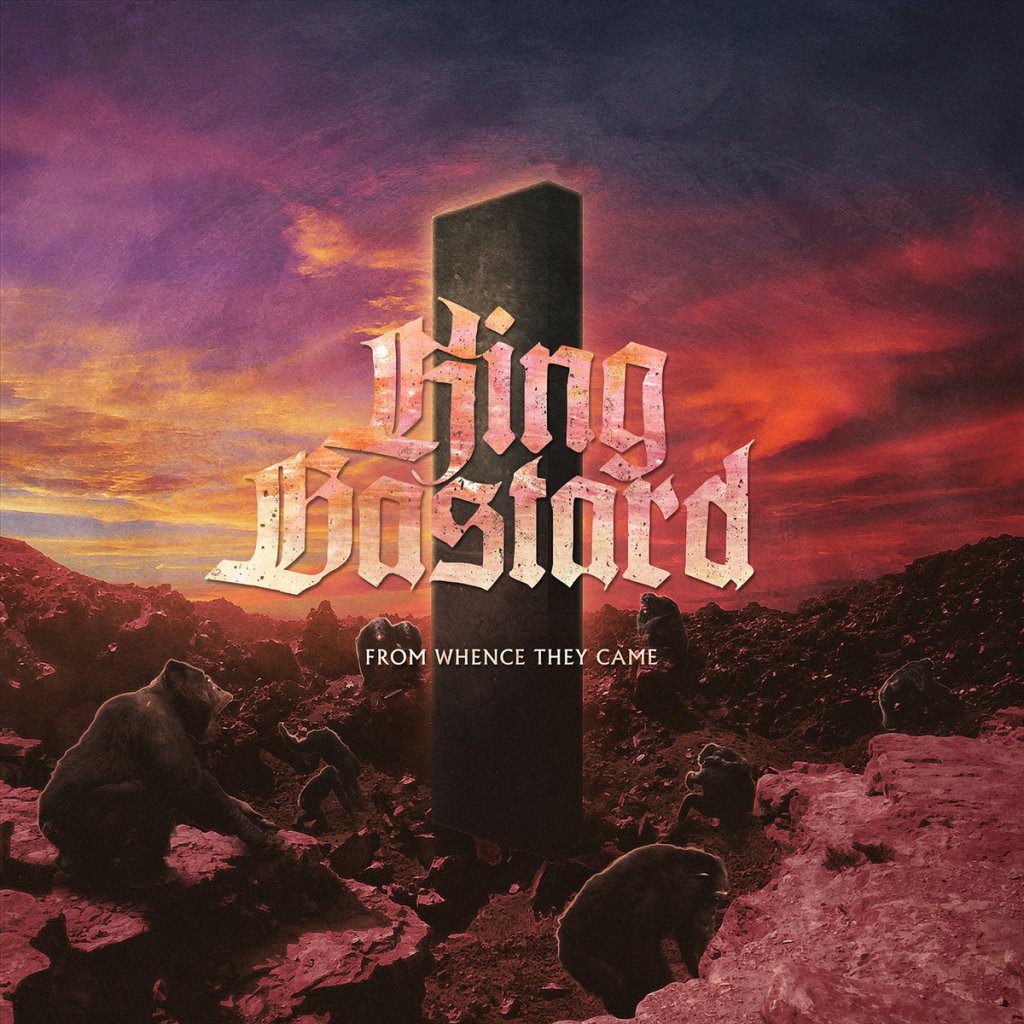
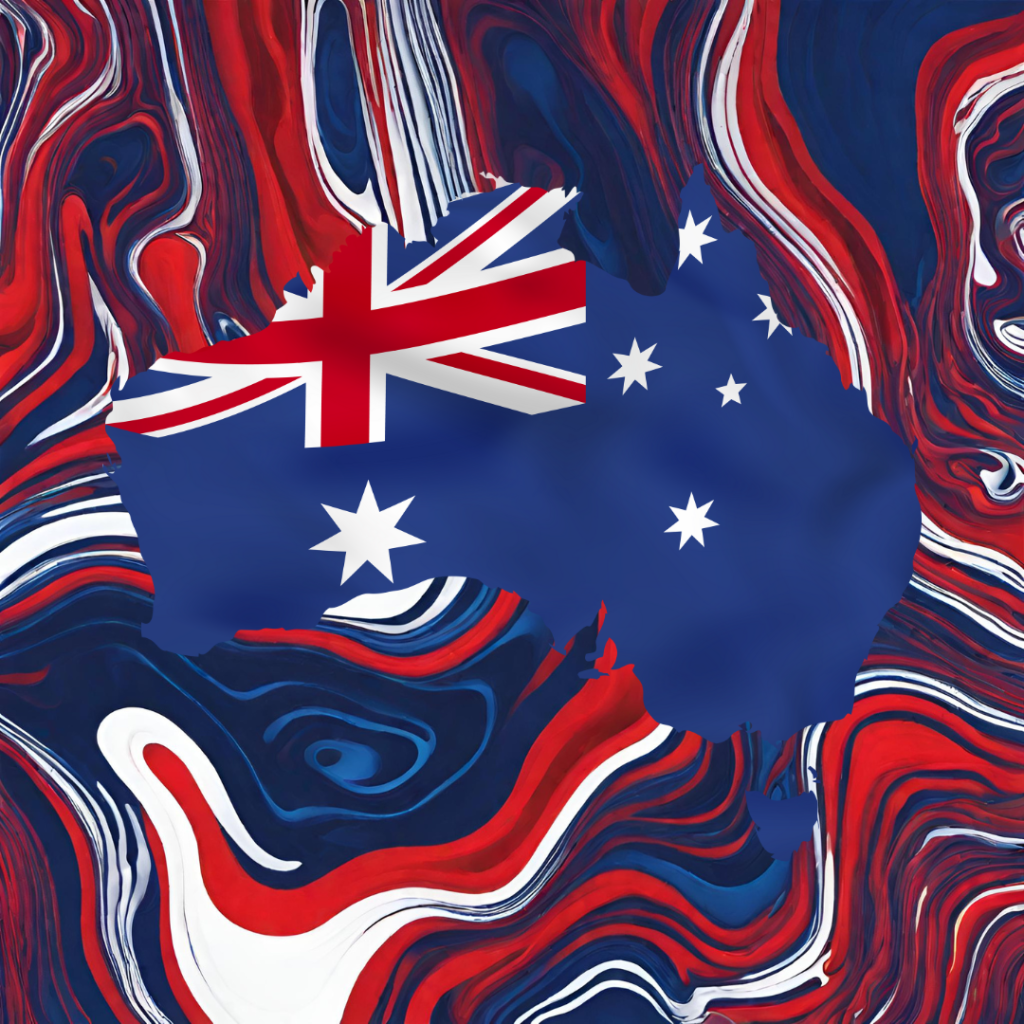
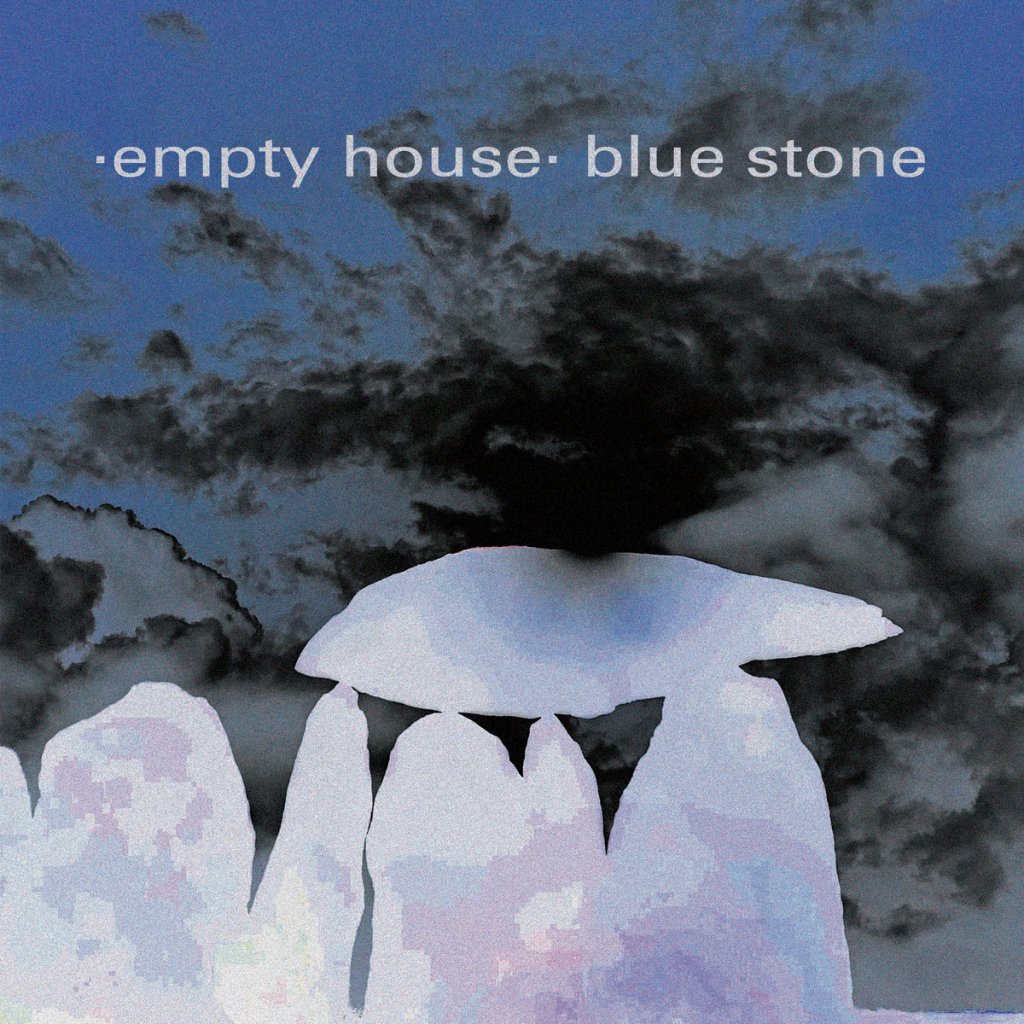
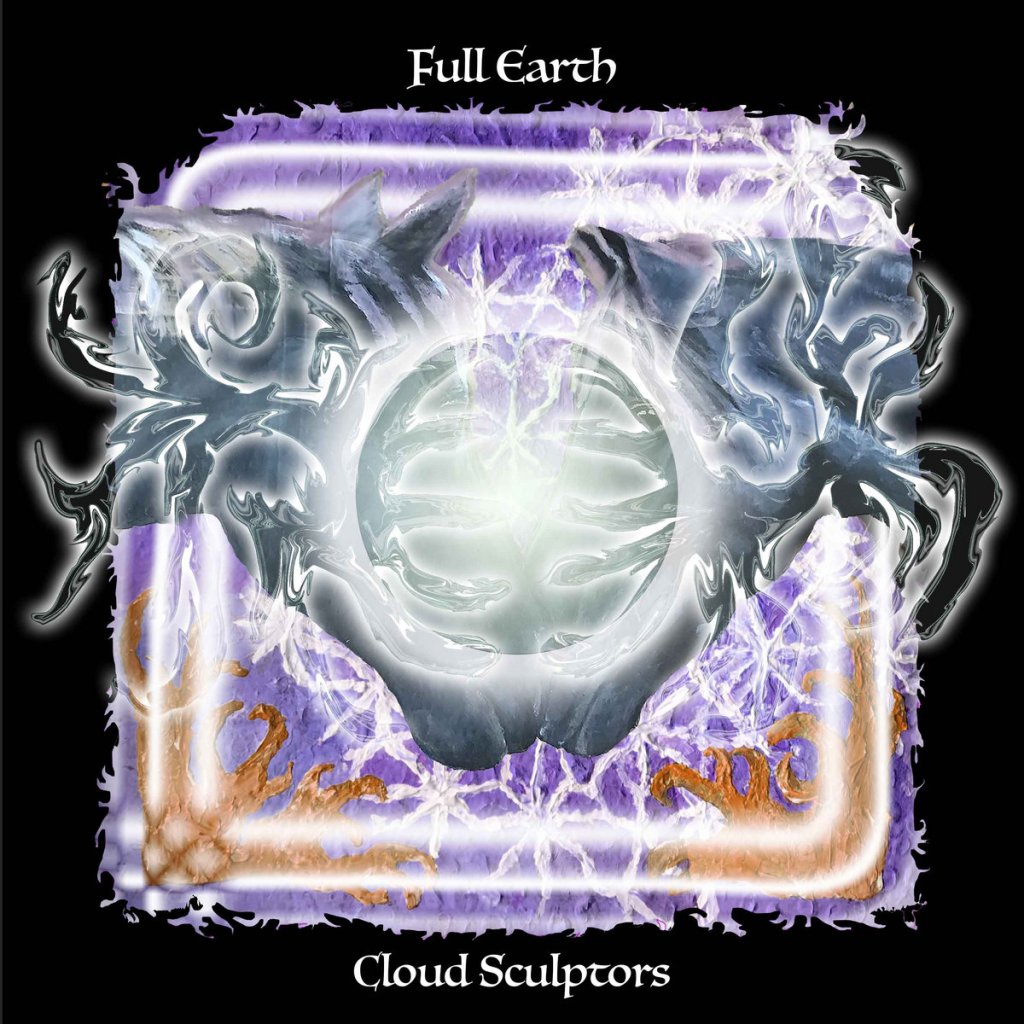
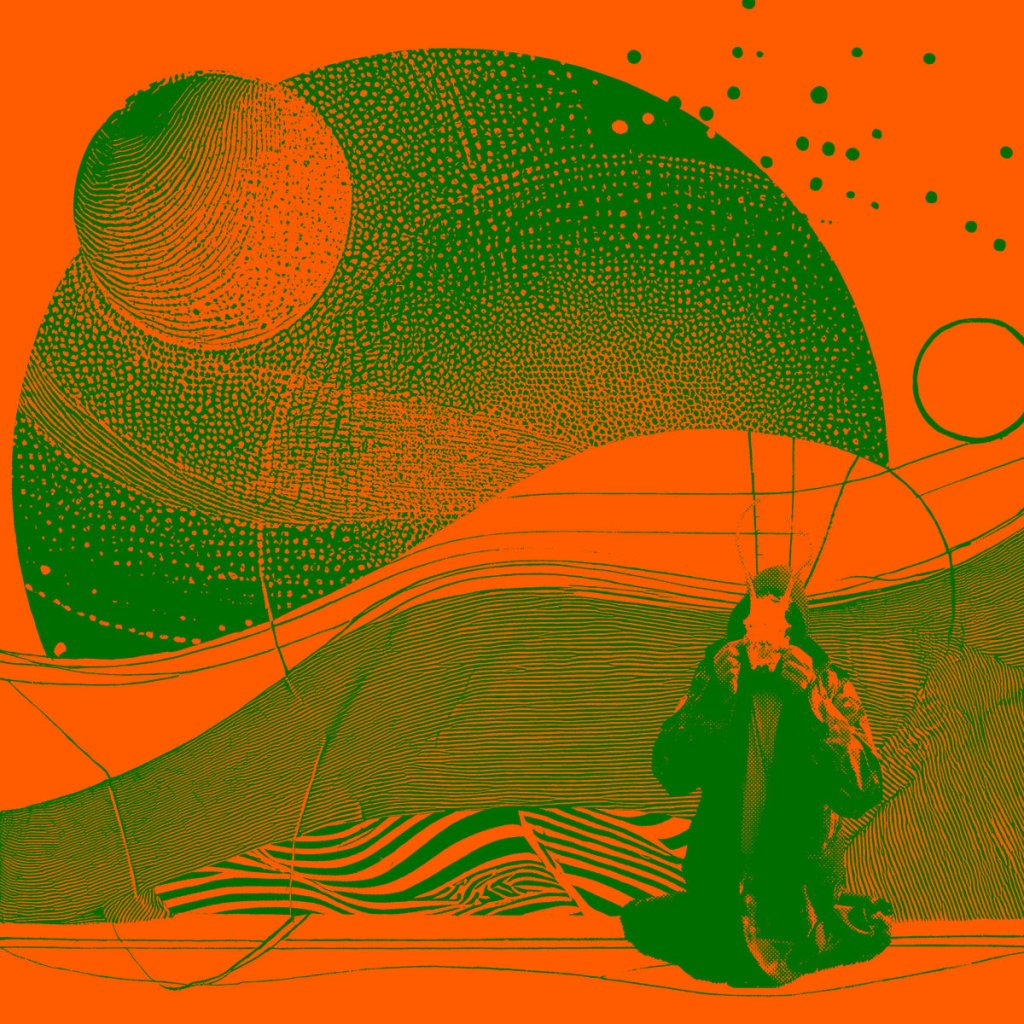
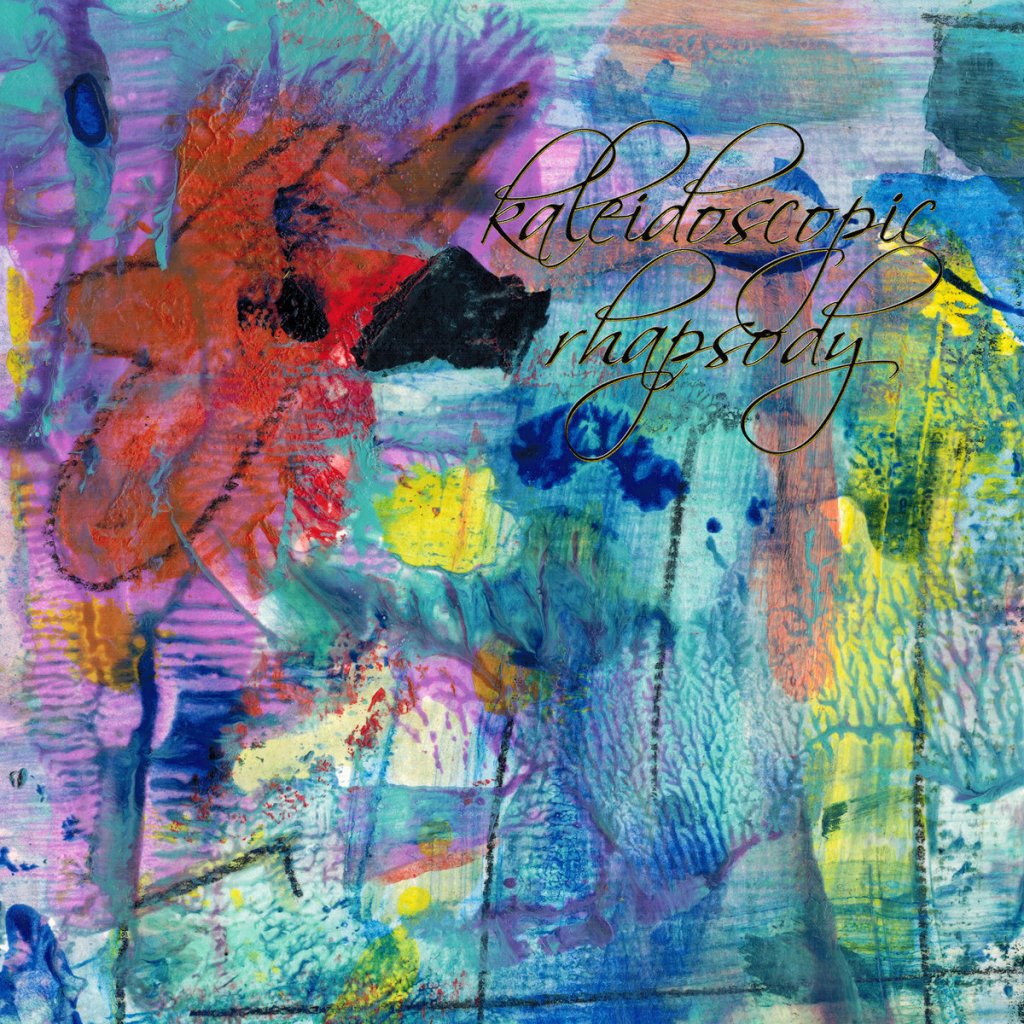
Leave a comment